Exports grow strongly in Asian markets
In the context of global trade fluctuations in 2025, Vietnam's agricultural, forestry, fishery and processed food exports continue to record growth. According to data from the Ministry of Agriculture and Environment , the total export turnover of the AFFP industry reached about 33.8 billion USD in the first 6 months of the year, an increase of about 15-16% over the same period, with a trade surplus of about 9.8 billion USD.
Despite facing stringent quality control requirements, rising tariffs in major markets such as the US and China, and competitive pressure from other exporting countries, the industry has taken advantage of free trade agreements to expand its market. Commodities such as coffee, cashew nuts, pepper and processed seafood continue to make positive contributions, while opening up opportunities to penetrate deeper into demanding markets such as the EU, the US, South Korea and Japan.
In that context, Masan Consumer’s export revenue in the first half of 2025 increased by more than 35% over the same period, thanks to strong growth in Asian markets such as Korea and Japan. This result reflects that Masan Consumer’s products with strong Vietnamese culinary identity are increasingly widely accepted by international consumers, thereby expanding the foundation for the “Go Global” strategy.
This growth not only brings in important additional revenue in the context of a volatile domestic market, but also affirms Masan Consumer's competitiveness on the journey of promoting Vietnamese culinary culture to the international market.
Invest in developing quality products to serve domestic and foreign consumers.
Along with its international market expansion strategy, Masan Consumer focuses on improving product quality to meet strict standards. The company maintains 100% of its factories certified to international standards for food safety and quality management, including FSSC 22000, ISO 22000, HACCP, BRCGS and HALAL.
To enhance product quality assurance, Masan Consumer tightens control over input materials, requires suppliers to provide certificates of origin, food safety and hygiene certificates, and comply with environmental and social regulations in the supply chain. The quality assessment and inspection system is continuously implemented from raw materials, production processes to finished products, ensuring that products meet export standards and maintain reliability with domestic and foreign consumers.
In addition, the company will establish a Consumer Innovation Center (CIC) in 2023, with the orientation of focusing on consumers in the entire product innovation process. Through the “Consumer-In-Love” model, the company proactively interacts to deeply understand needs, especially in terms of health, safety and sustainable development. MCH also cooperates with reputable market research organizations to monitor new trends such as sustainable consumption and healthy lifestyles, thereby developing quality, safe and long-term value products for the community. This move contributes to helping Masan Consumer products increase their competitiveness in demanding international markets.
Adapting to domestic fluctuations, restructuring distribution channels
Along with exports, Masan Consumer faces many challenges in the domestic market as the traditional retail channel (GT) is disrupted by new tax policies and cautious consumer sentiment. In this situation, the company has accelerated the restructuring of its distribution channel, shifting its focus to a direct distribution model to reduce dependence on large traditional retailers.
In particular, Masan Consumer leverages the WinCommerce retail system to increase coverage, combining the expansion of modern channels (MT) and HORECA (restaurants, hotels, cafes). In the second quarter of 2025, revenue through MT increased by 5.7%, HORECA increased by 34.2%, showing clear effectiveness from the new distribution strategy and the resonance in Masan's consumer - retail ecosystem.
In addition, MCH continues to optimize the supply chain at the point of sale, including inventory control, promotion optimization, and deployment of modern sales management technology. The company also aims to reduce the proportion of GT channel revenue from large traditional retailers to 30% in the coming time (compared to 60% in the first 6 months of 2025), in order to build a more sustainable, flexible, and proactive distribution platform.
Despite the challenges in the domestic market, positive export results are an important signal showing the strength of Vietnamese brands. Products such as Chin-Su Pho Story, Spices & Herbs seasoning sets or Chin-Su chili sauce have not only won over domestic consumers but have also become typical representatives of Vietnamese cuisine in demanding international markets.
In the second half of 2025, Masan Consumer aims to continue expanding its export coverage, while maintaining its strategy of premiumizing products and optimizing domestic distribution channels. In this way, the company expects to build a solid growth foundation, both consolidating domestic market share and enhancing the position of Vietnamese brands on the global map.
Source: https://www.masangroup.com/vi/news/masan-news/Vietnamese-Flavors-Gain-Global-Recognition-Masan-Consumer-Export-Revenue-Jumps-Over-35.html







![[Photo] President Luong Cuong attends special political-artistic television show "Golden Opportunity"](https://vstatic.vietnam.vn/vietnam/resource/IMAGE/2025/8/22/44ca13c28fa7476796f9aa3618ff74c4)

![[Photo] Prime Minister Pham Minh Chinh chairs the conference to review the 2024-2025 school year and deploy tasks for the 2025-2026 school year.](https://vstatic.vietnam.vn/vietnam/resource/IMAGE/2025/8/22/2ca5ed79ce6a46a1ac7706a42cefafae)
![[Photo] President Luong Cuong receives delegation of the Youth Committee of the Liberal Democratic Party of Japan](https://vstatic.vietnam.vn/vietnam/resource/IMAGE/2025/8/22/2632d7f5cf4f4a8e90ce5f5e1989194a)
















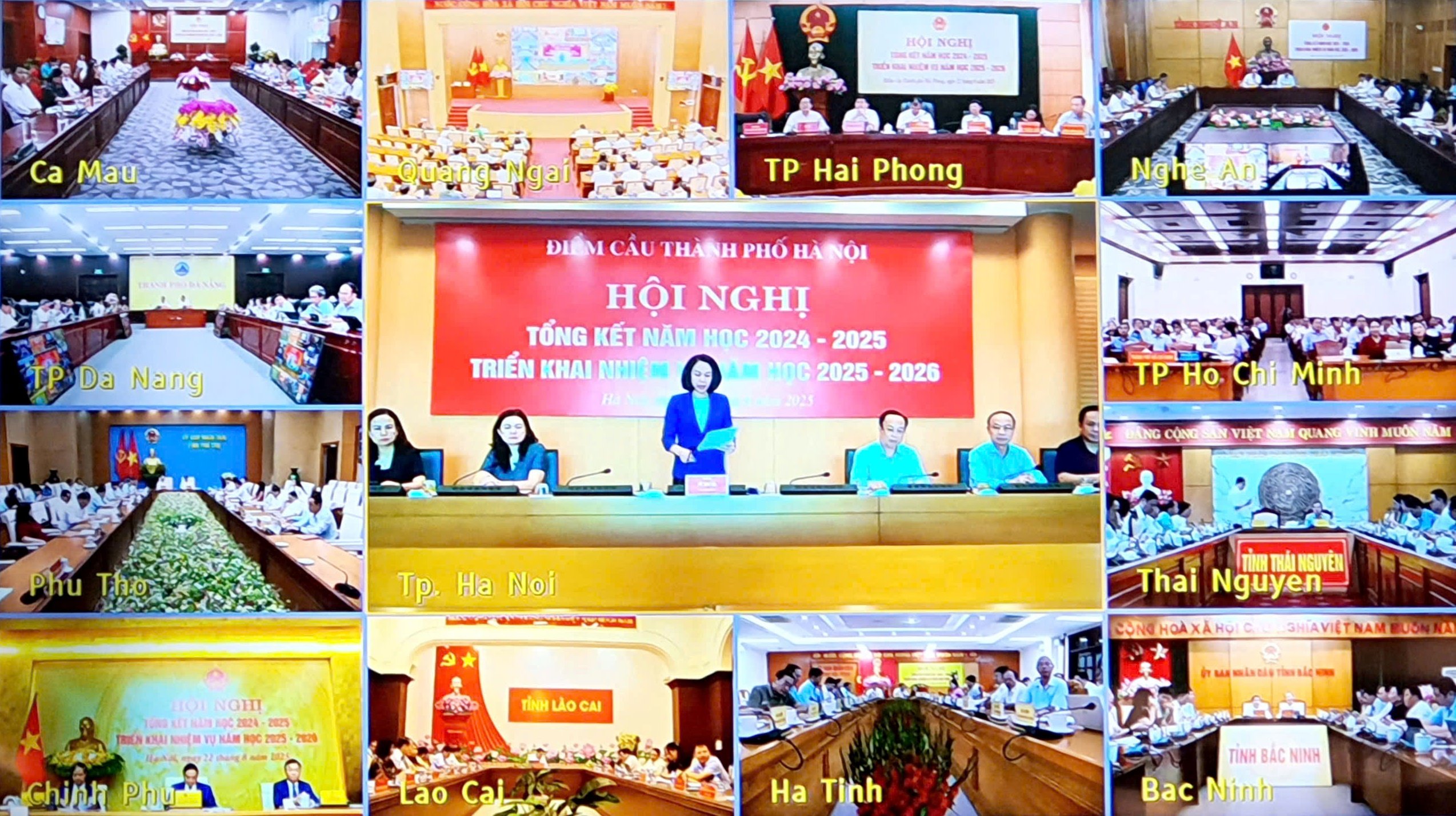


































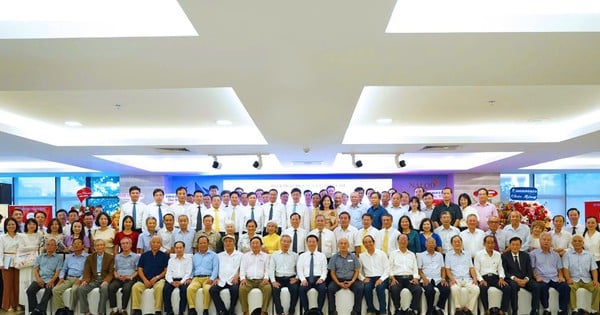

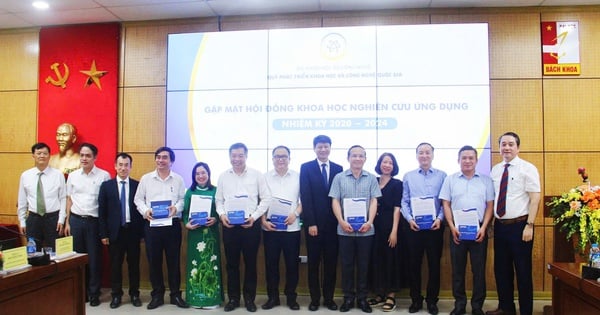





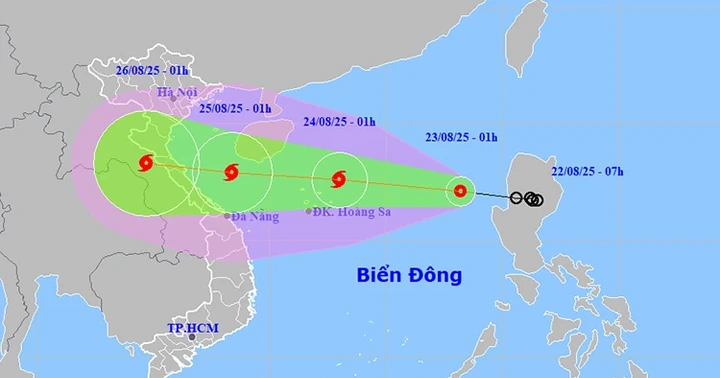






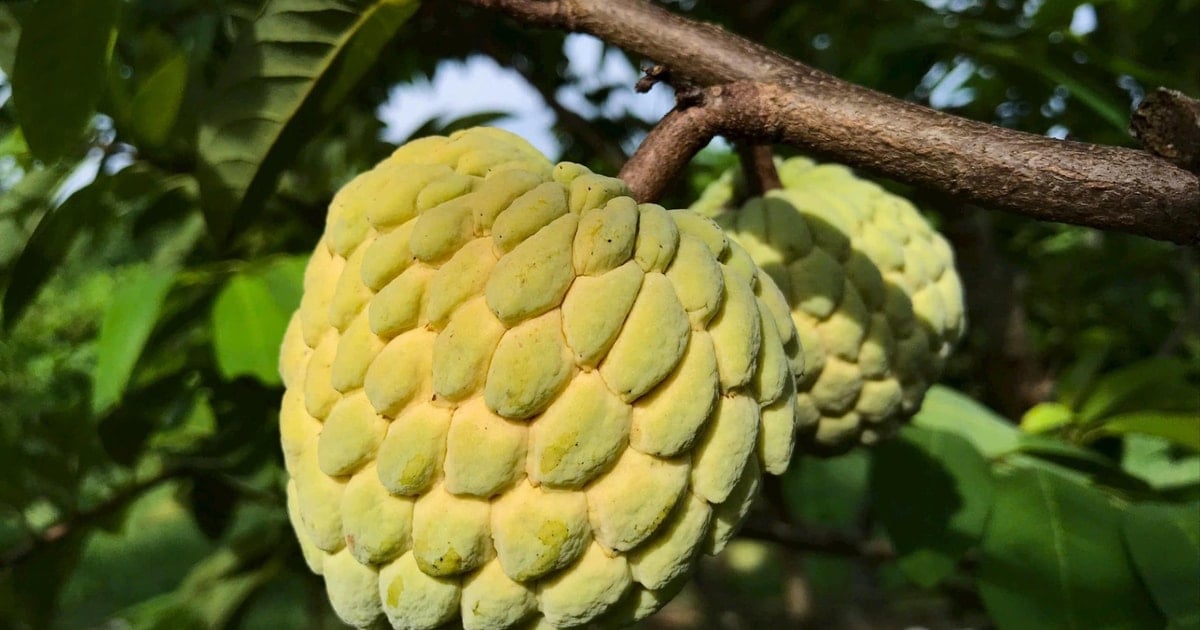


















Comment (0)